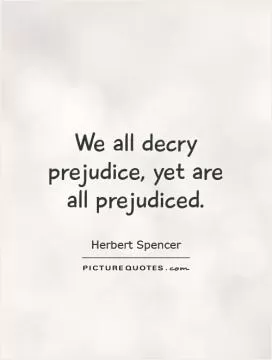Morality knows nothing of geographical boundaries, or distinctions of race

Morality knows nothing of geographical boundaries, or distinctions of race
Herbert Spencer, a prominent 19th-century philosopher and sociologist, was a staunch advocate for the idea that morality transcends geographical boundaries and distinctions of race. Spencer believed that moral principles are universal and apply to all individuals, regardless of their background or nationality. In his view, morality is not something that is dictated by culture or tradition, but rather a set of fundamental principles that are inherent to human nature.Spencer's belief in the universality of morality was rooted in his theory of evolution. He argued that moral principles, like other aspects of human behavior, have evolved over time through a process of natural selection. According to Spencer, moral principles are not arbitrary rules imposed by society, but rather a product of the evolutionary process that has shaped human behavior.
Spencer's views on morality were also influenced by his belief in individualism and the importance of personal freedom. He believed that individuals should be free to pursue their own interests and goals, as long as they do not harm others in the process. This emphasis on individual freedom led Spencer to reject the idea that morality should be based on social norms or conventions.
Spencer's ideas on morality were controversial in his time, as they challenged traditional beliefs about the nature of morality and the role of society in shaping moral behavior. However, his ideas have had a lasting impact on the field of ethics and continue to be studied and debated by philosophers and scholars to this day.












 Friendship Quotes
Friendship Quotes Love Quotes
Love Quotes Life Quotes
Life Quotes Funny Quotes
Funny Quotes Motivational Quotes
Motivational Quotes Inspirational Quotes
Inspirational Quotes